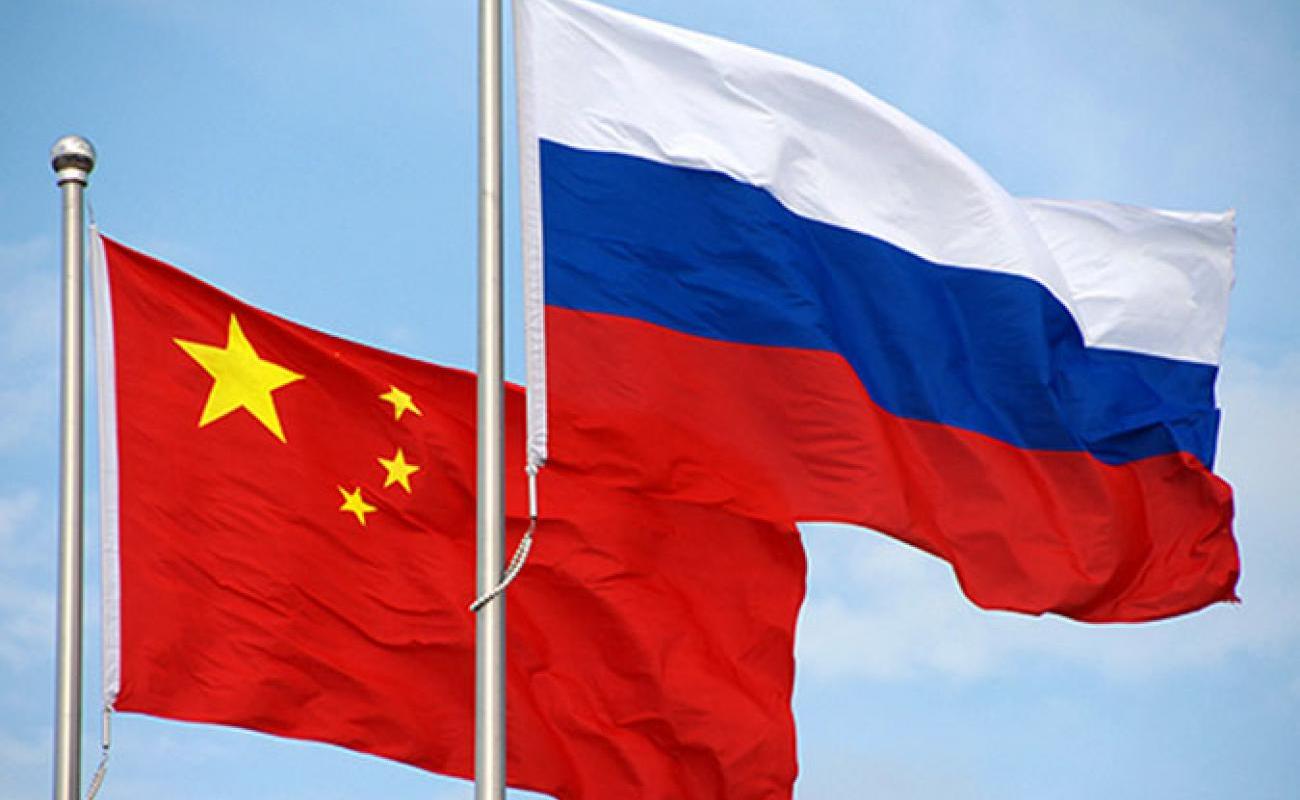China firms go ‘underground’ on Russia payments as banks pull back

An appliance maker in southern China is finding it hard to ship its products to Russia, not because of any problems with the gadgets but because China’s big banks are throttling payments for such transactions out of concern over US sanctions.
To settle payments for its electrical goods, the Guangdong-based company is considering using currency brokers active along China’s border with Russia, said the company’s founder, Mr. Wang, who asked to be identified only by his family name.
The US has imposed an array of sanctions on Russia and Russian entities since the country invaded Ukraine in 2022.
Now the threat of extending these to banks in China – a country Washington blames for “powering” Moscow’s war effort – is chilling the finance that lubricates even non-military trade from China to Russia.
This is posing a growing problem for small Chinese exporters, said seven trading and banking sources familiar with the situation.
As China’s big banks pull back from financing Russia-related transactions, some Chinese companies are turning to small banks on the border and underground financing channels such as money brokers – even banned cryptocurrency – the sources told Reuters.
Others have retreated entirely from the Russian market, the sources said.
“You simply cannot do business properly using the official channels,” Mr. Wang said, as big banks now take months rather than days to clear payments from Russia, forcing him to tap unorthodox payment channels or shrink his business.
GOING ‘UNDERGROUND’
A manager at a large state-owned bank he previously used told Wang the lender was worried about possible U.S. sanctions in dealing with Russian transactions, Wang said.
A banker at one of China’s Big Four state banks said it had tightened scrutiny of Russia-related businesses to avert sanctions risk. “The main reason is to avoid unnecessary troubles,” said the banker, who asked not to be named.
Since last month, Chinese banks have intensified their scrutiny of Russia-related transactions or halted business altogether to avoid being targeted by US sanctions, the sources said.
“Transactions between China and Russia will increasingly go through underground channels,” said the head of a trade body in a southeastern province that represents Chinese businesses with Russian interests. “But these methods carry significant risks.”
Making payments in crypto, banned in China since 2021, might be the only option, said a Moscow-based Russian banker, as “it’s impossible to pass through KYC (know-your-customer) at Chinese banks, big or small”.
The sources spoke on condition of anonymity, citing the sensitivity of the topic. Reuters could not determine the extent of transactions that had shifted from major banks to more obscure routes.
China’s foreign ministry is not aware of the practices described by the businesspeople to arrange payments or troubles in settling payments through major Chinese banks, a spokesperson said, referring questions to “the relevant authorities”.
The People’s Bank of China and the National Financial Regulatory Administration, the country’s banking sector regulator, did not respond to Reuters requests for comment.
SANCTIONS WARNING
US Secretary of State Antony Blinken, after meeting China’s top diplomat Wang Yi for five and a half hours in Beijing on Friday, said he had expressed “serious concern” that Beijing was “powering Russia’s brutal war of aggression against Ukraine”.
Still, his visit, which included meeting President Xi Jinping, was the latest in a series of steps that have tempered the public acrimony that drove relations between the world’s biggest economies to historic lows last year.
While officials have warned that the United States was ready to take action against Chinese financial institutions facilitating trade in goods with dual civilian and military applications and the US preliminarily has discussed sanctions on some Chinese banks, a US official told Reuters last week Washington does not yet have a plan to implement such measures.
---
Conclusion
The economic cooperation between China and Russia has taken on a new dimension since February 2022, i.e., since the beginning of the Russian invasion of Ukraine. China did not join the sanctions imposed by Western countries on individuals, institutions, and companies in Russia. Instead, it utilized the sanctions to increase imports of (cheap) raw materials such as gas and oil while boosting its own exports. A significant part of Chinese exports to Russia consists of goods that can be used for both civilian and military purposes. All of this has led to sanctions by the USA and the EU against certain Chinese companies.
Even China, considered the world's second-largest economy, has changed its approach, with most major Chinese banks withdrawing from the Russian market for fear of being targeted by US sanctions.
Western Balkan countries have different approaches regarding sanctions against Russia, with Serbia standing out by refusing to impose sanctions despite repeated requests from the EU and Russia. So far, four companies and two individuals from Serbia have been sanctioned for facilitating, orchestrating, engaging in, or otherwise supporting the transfer of critical technology and equipment to the Russian military-industrial complex in their business operations. These sanctions have not fundamentally altered Serbia's stance on sanctions against Russia.
China's actions should serve as a signal to officials and especially the business community in Western Balkan countries, particularly those producing goods that can be used for civilian and military purposes. This is simply because doing business with Russian companies and institutions can easily lead them to be sanctioned by the US. Since the EU, in the part related to sanctions, largely follows the US, they could also easily face sanctions from EU.
